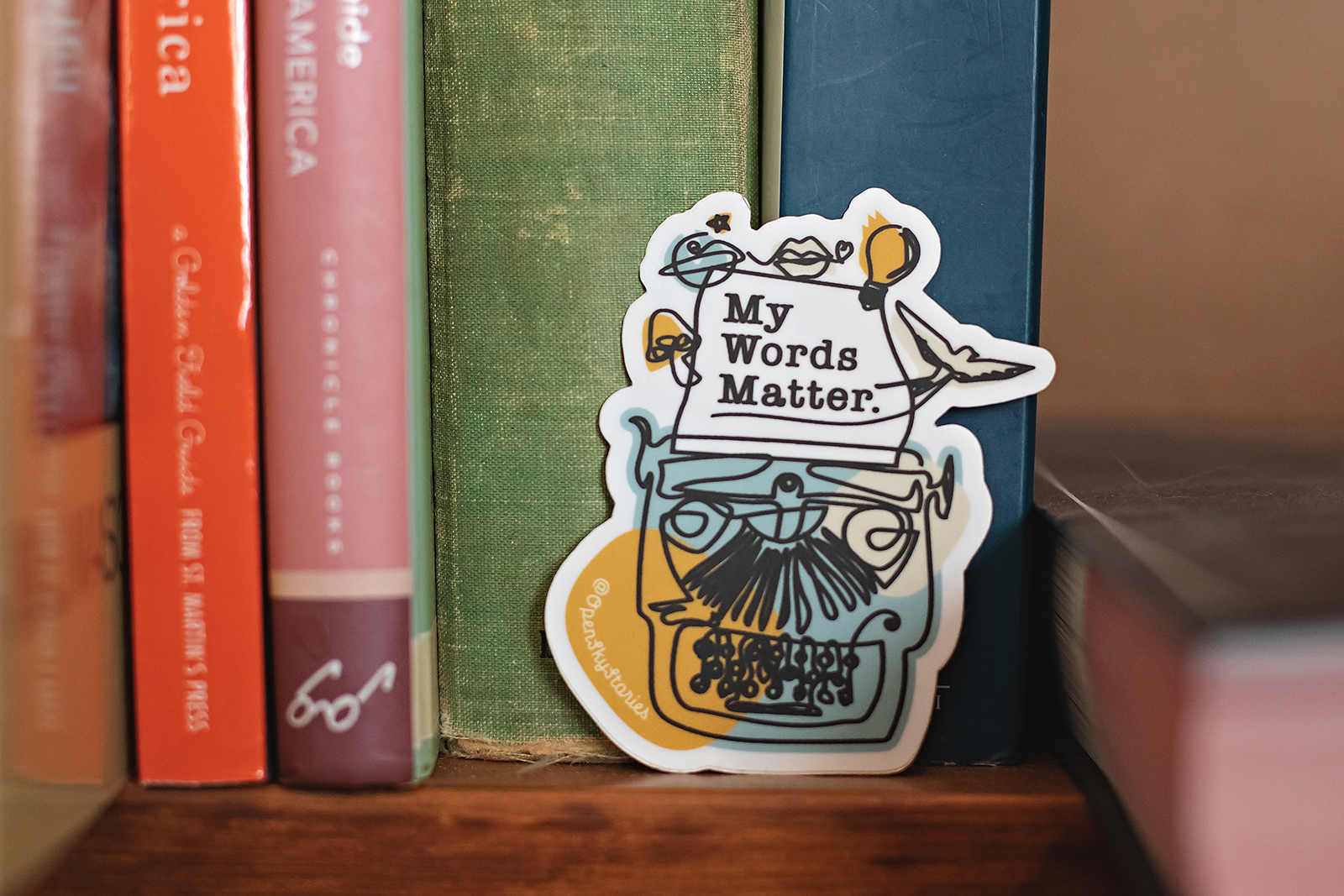Planting Ideas and Harvesting Stories: How Mindfulness Can Fuel Your Writing
As writers, we often think of ideas as seeds—small sparks of inspiration that, with the right care and attention, can grow into fully developed stories. But just like any garden, our creative process needs nurturing. That’s where mindfulness comes in. By integrating mindful practices into our writing routines, we can cultivate fresh ideas, nurture our stories, and ultimately harvest narratives that are rich, meaningful, and full of life.
In this post, we’ll explore how mindfulness can help writers plant ideas and harvest stories. Whether you’re crafting fiction or memoir, these techniques can fuel your creativity, deepen your writing practice, and help you grow as an author.
Mindfulness Activity for Writers: Planting Seeds of Creativity
Let’s start by creating the scene. Find a comfortable spot. Close your eyes if you’d like. Have a listen to this meditation video.
After you’ve completed this mindfulness activity, take a few moments to ground yourself in the present. Reflect on the following questions:
- What do you see?
- What has flourished in your creative process?
- What needs more attention?
Spend 10-20 minutes journaling about the sensations and thoughts that arise during this meditative practice. This can help you uncover ideas and stories that have been quietly growing within.
Expanding the Mindfulness Metaphor for Fiction Writers
Imagine your story as a vast field, with each part of your plot and every character represented by crops in various stages of growth. This metaphor can help deepen your connection to your fiction.
Character Growth: Visualize Your Characters as Crops
Picture each of your characters as plants in different stages of growth. Are they struggling, needing more sunlight (guidance or revelation in the story)? Or are they flourishing, representing resilience?
- Writing Prompt: Write a scene where a character experiences growth—symbolized by them “blooming” or “bearing fruit.” How does this change their actions and relationships?
Plot and Conflict: Identify What Needs Nurturing
Use the field metaphor to explore your plot. Are some areas of your story thriving while others wither? This can represent parts of the plot that are strong versus those that feel unresolved.
- Writing Prompt: Identify the weak points in your plot and write a scene where you “tend” to those unresolved conflicts. How does this shift the momentum of the story?
Themes as the Harvest
Consider the theme of your story. What message or emotional journey are your readers meant to experience?
- Writing Prompt: Write a scene leading up to a climactic moment, where the theme of your story is fully realized—where characters “reap what they’ve sown.” What emotions surface in this harvest—joy, pain, bittersweet realization?
Expanding the Metaphor for Memoir Writers
Viewing your life experiences as crops you’ve cultivated can provide profound insight into your personal story.
Harvesting Personal Growth: Recognize Your Milestones
Look at your life’s milestones as crops. Choose a significant event that represents a fully-grown crop in your life.
- Writing Prompt: Reflect on the effort it took to reach this point. Write a scene where you “harvest” the lessons from this moment—success, closure, or healing. How did this change you?
Struggling Crops: Unresolved Experiences
Like some crops that don’t grow as expected, some life events remain unresolved. These are the experiences that still need nurturing.
- Writing Prompt: Write a reflective passage on a challenging life experience that feels incomplete. What would need to happen for this part of your story to feel resolved?
Resilience and Nurturing: How You’ve Thrived
Just like crops need care to grow, we too need support and self-care to flourish.
- Writing Prompt: Write about how you nurtured your own growth during tough times. What people, tools, or practices helped you thrive?
Harvesting Creativity Every Day
Writing, like farming, requires patience, care, and mindfulness. By applying these metaphors of growth and harvest to your creative process, you can cultivate deeper insights and connections within your stories. Here’s to harvesting love, joy, and creativity every day!
Erica
Need a reminder that your words and harvests matter? This sticker can be placed on your computer, wall, or water bottle. Your words, story, and voice are important and valued!
Sign up for my newsletter to receive special updates and be the first to know about new releases!
Looking for more writing inspiration? Sign up for Inspired Ink and receive writing tips, creative connections and real-life stories delivered straight to your inbox.

Erica Richmond, the founder of Open Sky Stories believes that words have the power to provide connection & healing. She offers a variety of writing workshops and 1:1 mentoring. Erica has published three books: Pixie and the Fox, Pixie and the Bees and The Mail Art Stories Project: Mail Art in the Time of Covid-19.
She lives in Peterborough, Canada finding adventures in everyday life.
Follow Erica on Instagram for daily writing inspiration and real-life stories.



0 Comments